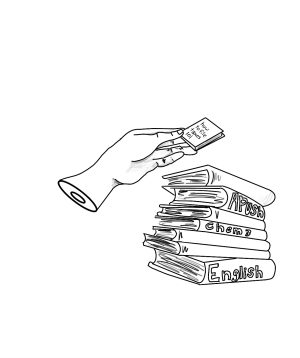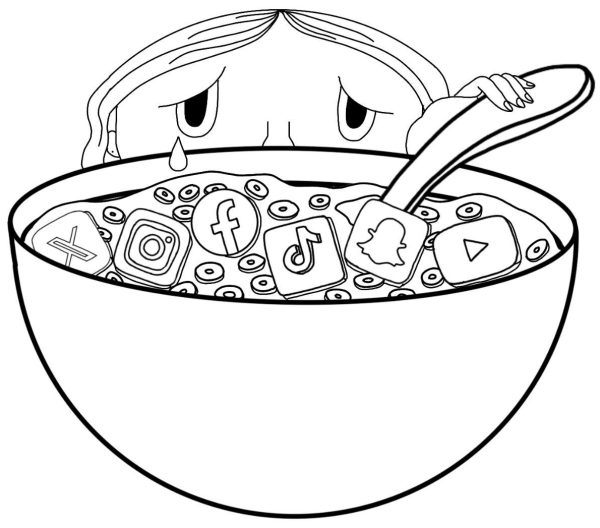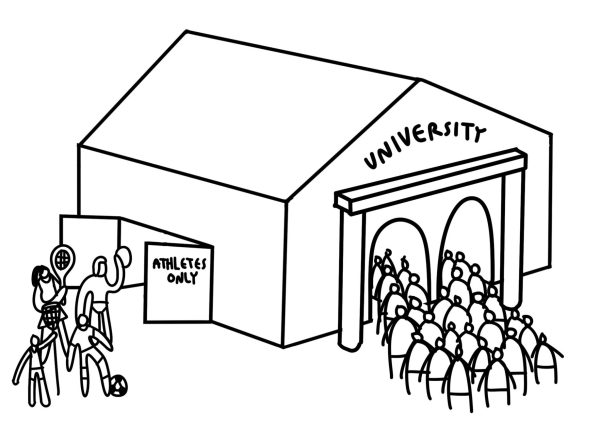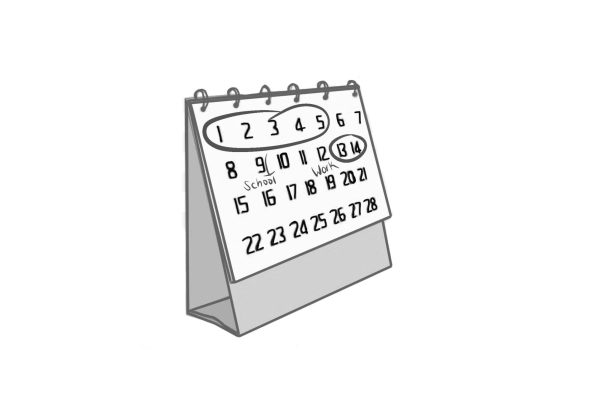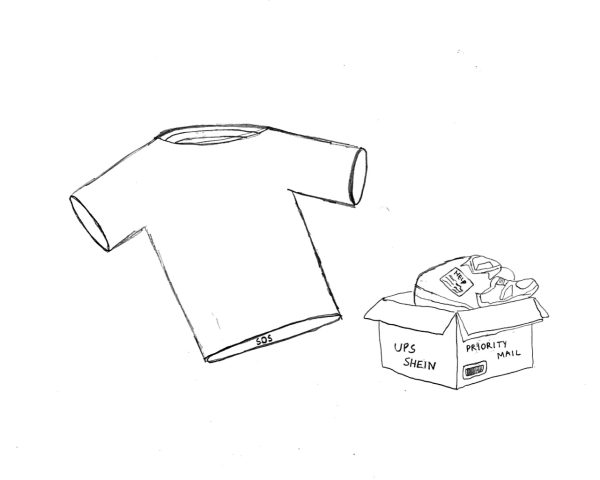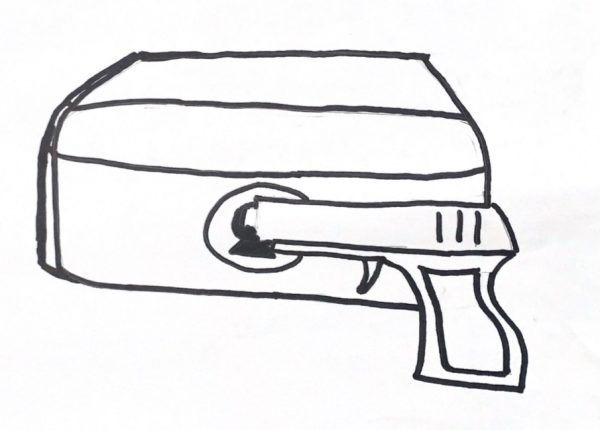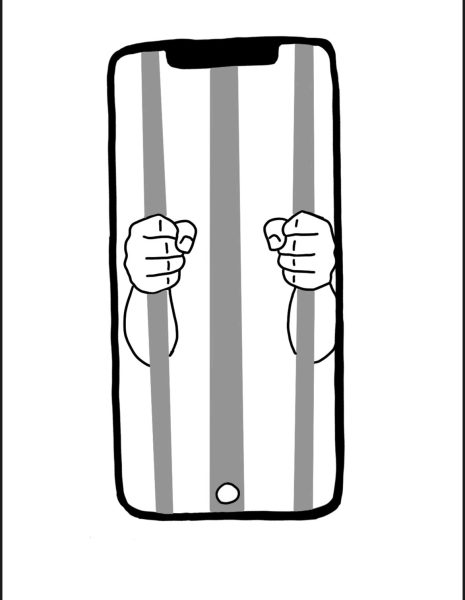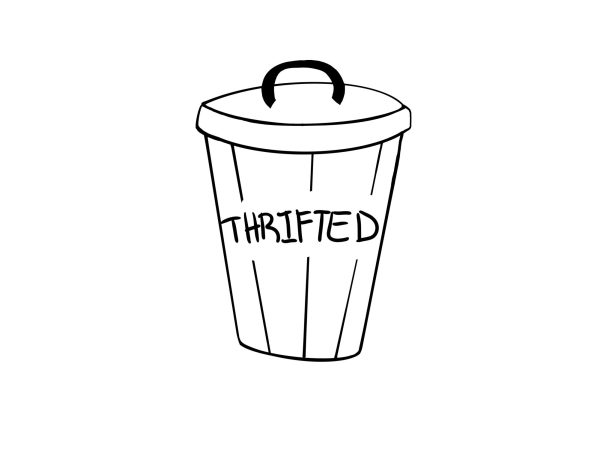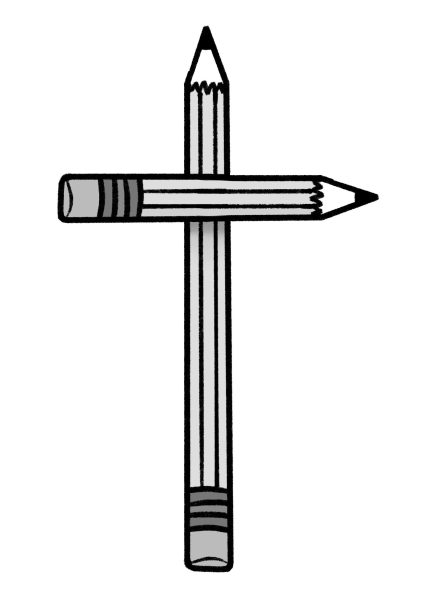The athletic advantage: Unfairness in college admissions
September 14, 2021
After countless hours of staring at your computer, attempting to push through your college essays, you take a break to scroll through Instagram when a new story pops up. The words, “I’m so excited to announce my commitment to _____ University to further my athletic career!” appears while the student poses with a smile on their face, dressed in their new Ivy League merch. You keep tapping and see a dozen other posts, congratulating their friend for their early acceptance into college, while you sit there wishing you too could be done with the grueling process of applications.
Although there is no doubt these students deserved their spots at these top colleges athletically, one cannot dismiss their significant advantage in the admissions process. All college students, both athletes and non-athletes, should have to meet the academic standards of the schools, and student-athletes should not be given such preference over their non-athlete counterparts.
This issue is quite apparent at Ivy League schools in particular. According to the Bark 2021 Senior Edition, of the 12 students going to Ivy League schools, eight of them were committed athletes. Although we cannot verify the GPAs or test scores of these students, the matter still stands that two-thirds of them were recruited for sports.

In 2018, Students for Fair Admissions (SFFA) filed an analysis on Harvard’s admissions data in court. It found that Harvard applicants are ranked on a one-to-six scale based on their academic qualifications and that 70 percent of athletes ranked with a four got accepted, while only 0.076 percent of non-athletes with a four did. Furthermore, 83 percent of athletes with a six (the highest academic score) got accepted, compared to only 16 percent of nonathletes. Additionally, in a study conducted by Princeton University, the advantage athletes have in admissions is parallel to having a 1400 vs. a 1200 on the Scholastic Aptitude Test (SAT).
The staggering numbers clearly display how college admissions favor athletes. But, not only are student-athletes favored — they are also often held at a lower academic standard by admissions. In the Harvard Crimson, Harvard squash team recruiting coordinator Luke Hammond claims coaches don’t even consider recruiting athletes if they don’t meet academic standards. However, according to the National Collegiate Athletic Association (NCAA) Initial-Eligibility sliding scale, athletes are only required to have a 2.3-grade average for Division I sports in the Ivy Leagues, while it is implied that non-athletes in Ivy Leagues generally need a 4.0 unweighted GPA. Additionally, the Council of Ivy Group Presidents made the Academic Index (AI) “to monitor the academic qualifications of recruited athletes” using class rank, SAT scores and SAT subject tests. At Harvard, Yale and Princeton, a recruited athlete needs only an AI of 171 to be accepted, despite the overall campus average being 220. The closer to the campus average, the higher the admission chances, but the fact that athletes are admitted from below the standard deviation from the Campus AI implies that athletes do not have to perform as well in school, but are admitted regardless.
Yes, it could be argued that because athletes dedicate so much time to their sports, they are not able to focus on school as much, and therefore they shouldn’t have to meet such high academic expectations, but that’s completely unfair. Advanced dancers, artists, actors and musicians devote similar, if not the same, amounts of time to their activities, but are not awarded the same leisure. For the most part, these students not only have to be accepted into the school academically but into their respective programs as well, which means double the opportunity to get rejected.
Additionally, it is understandable that colleges place significant emphasis on athletes considering that athletics generate a great deal of popularity and revenue. For example in 2019, the Ivy Leagues made $30.1 million just in football. However, as Ivy League schools are nonprofit, their goal should not be to make money, and therefore, should instead focus on academics. After all, going to college is called getting a “higher education” for a reason.
Finally, to understand how colleges place such importance on athletics, so much so that academics fall into the background, one must simply think back to the Varsity Blues Scandal. As reported by the Harvard Crimson, Villanova University sociology professor Rick Eckstein said, “None of this stuff [in the scandal] would have worked unless the system existed where coaches get these preferential slots and admissions officers are kind of part of the system.”
My goal is not to discredit the athletic achievements of student-athletes. They have devoted significant numbers of hours to their respective sports and that’s not something I am trying to take away from them. However, we must recognize their unfair advantage in college admissions and advocate for our community to become aware of this as the Class of 2022 embarks on their college application process.







